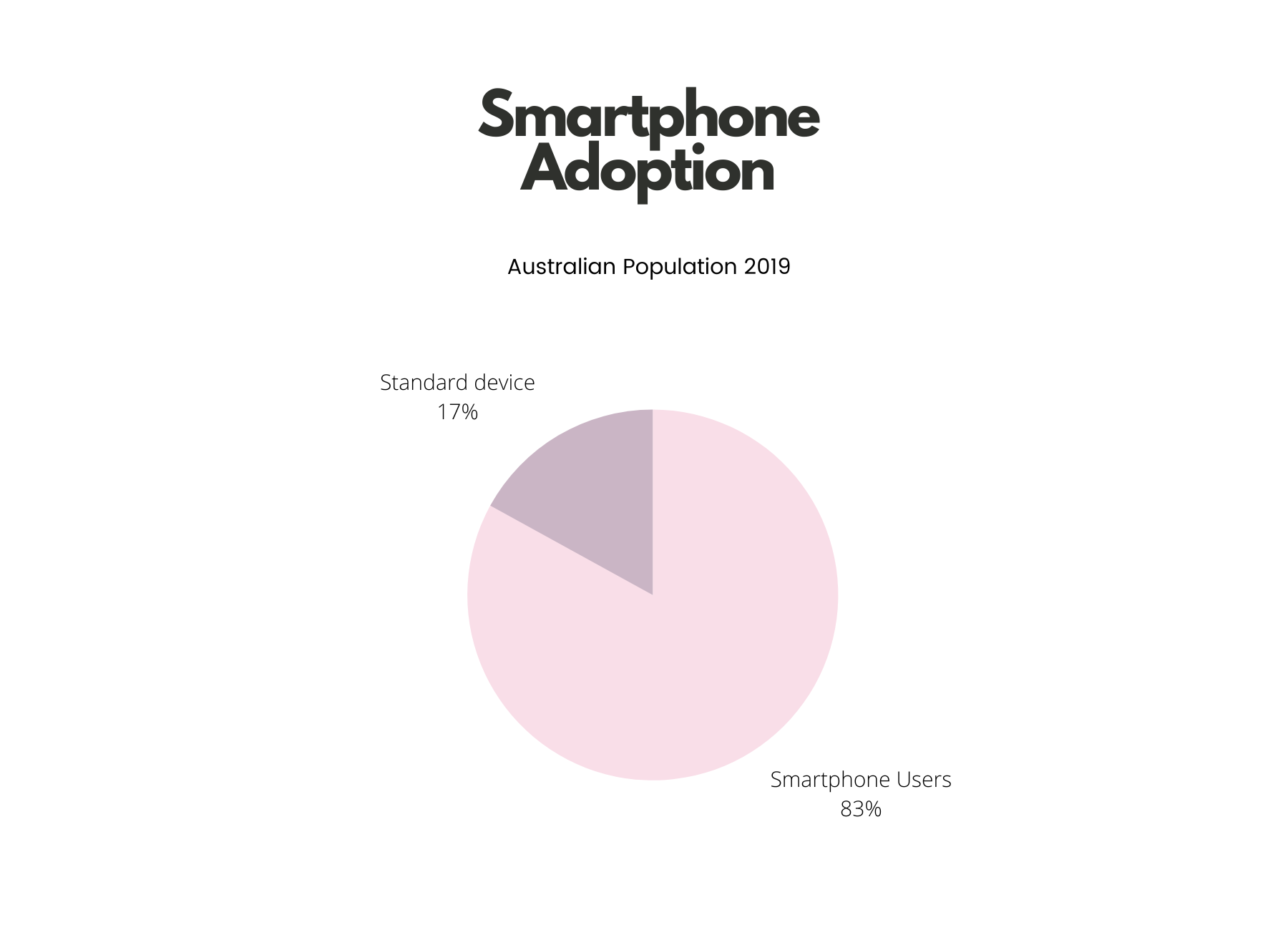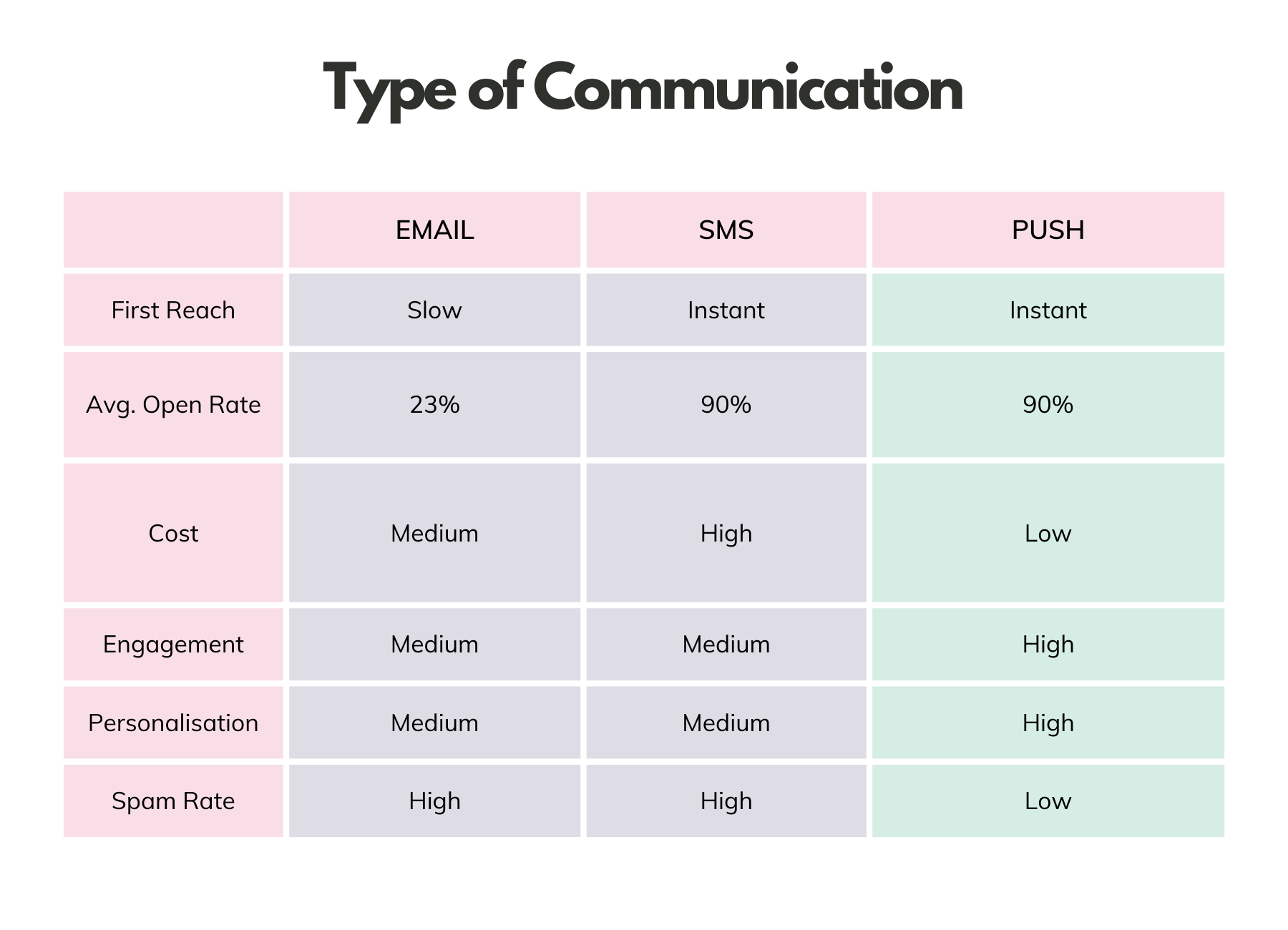
As technology continues to advance, universities must adapt to meet the changing needs of their students, especially when this specific demographic are early adopters of new technologies. One of the ways to do this is by implementing an app-based system to engage and communicate with students. We will share some of the reasons as to why universities should start shifting towards an app-based system
Easy Access to Information
An app-based system provides students with easy access to all the information they need in one place. According to a study by the Pew Research Center, 95% of Americans own a cell phone, and 77% own a smartphone. In Australia, the figures are similar with more than 80% of the population owning a smartphone. This means that the vast majority of students have access to a mobile device that can run apps. By providing students with a university app, they can quickly and easily find information on class schedules, campus maps, assignment deadlines, and other important information

Effective Communication
Delivering information in a concise and timely way allows universities to communicate with students more effectively. Push notifications can be sent out to alert students of upcoming events or changes to class schedules, ensuring that everyone is kept up-to-date and informed. A study by the University of California, Berkeley found that students were more likely to respond to push notifications than emails, with a response rate of 75% compared to just 20% for emails.

Community Building
An app-based system can help to foster a sense of community and engagement among students. Many apps allow for social interaction, such as discussion forums or chat rooms, where students can connect with one another and discuss course material or campus events. A study by Educause found that social media was the most popular online activity among college students, with 90% of respondents saying they used social media.
Data Insights
Data is one of the most crucial aspects to better understand how students are performing and interacting on campus. Since the launch of smartphones and apps, universities can take advantage with in depth data and insights, particulary into student behavior and preferences. By tracking app usage and engagement, universities can gain a better and deeper understanding of what resources and activities are most popular among students, and use this information to improve and tailor their offerings.
To stay competitive and relevant, universities must shift towards an app-based system, such as Rubric, to engage with students. The easy access to information, effective communication, community building, and data insights provided by an app-based system can help universities to better meet the needs and expectations of their students, and provide a more seamless and engaging experience both on and off campus. As technology continues to advance, universities that fail to adapt risk falling behind their competitors and failing to meet the needs of their students.

About The Author: Moe
More posts by moe